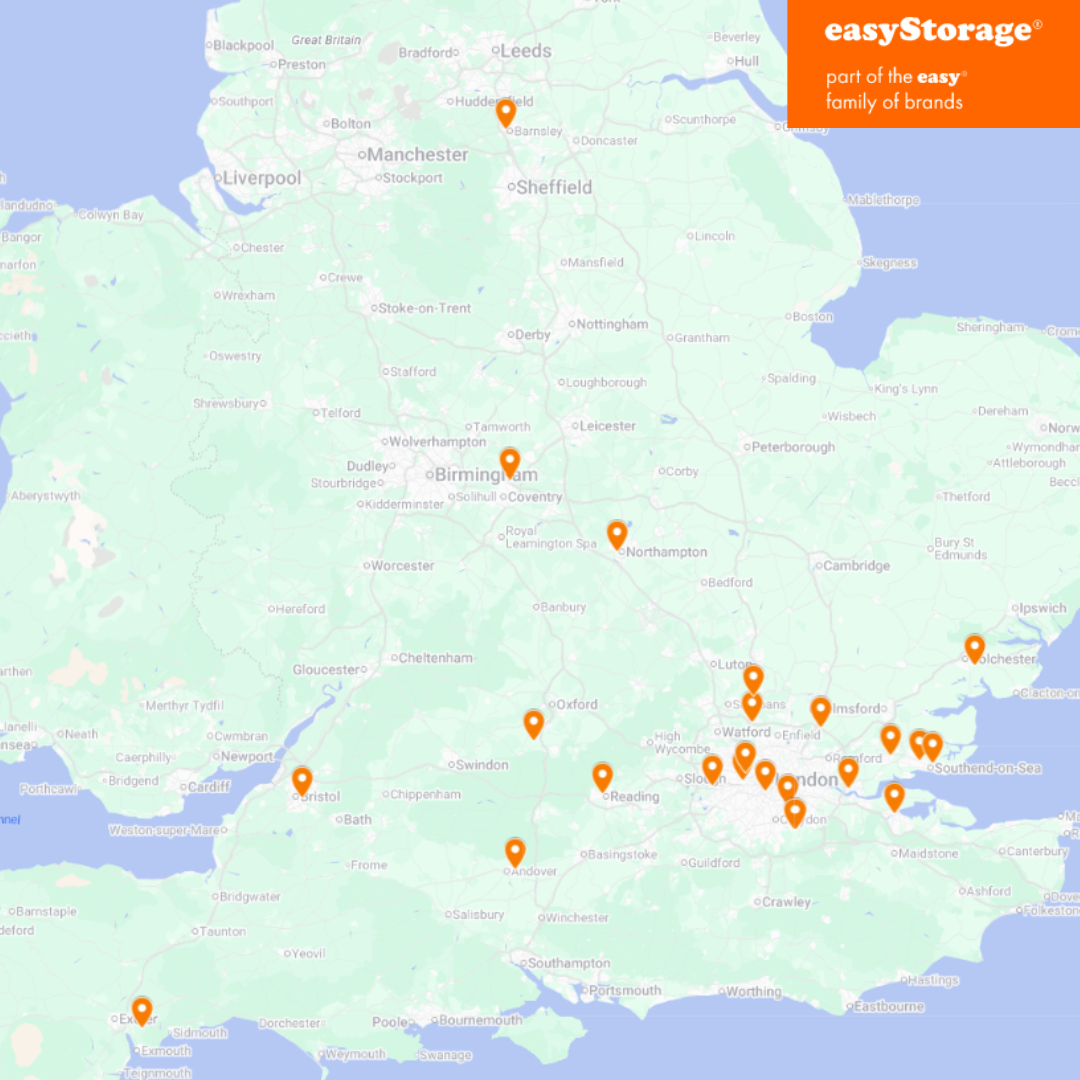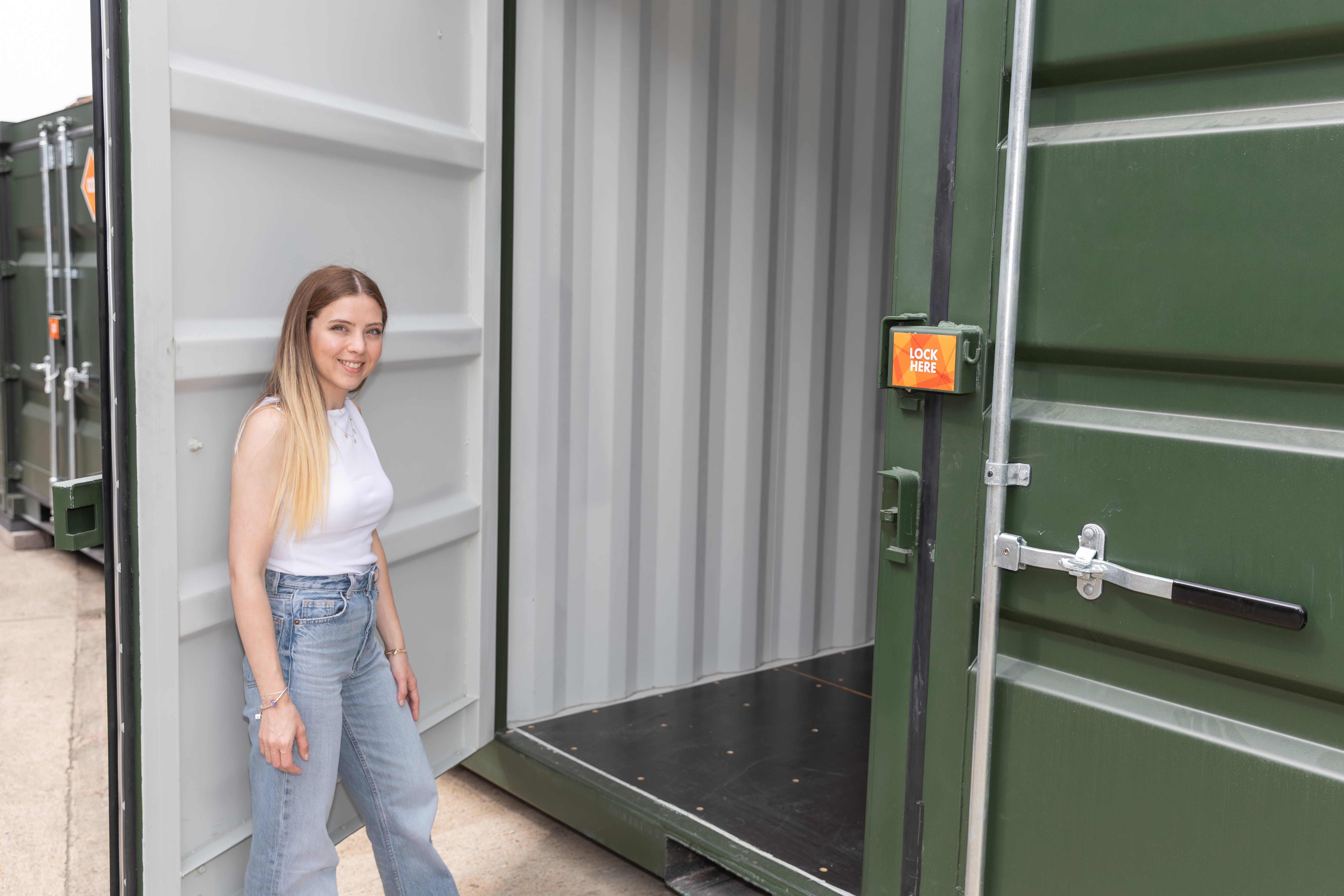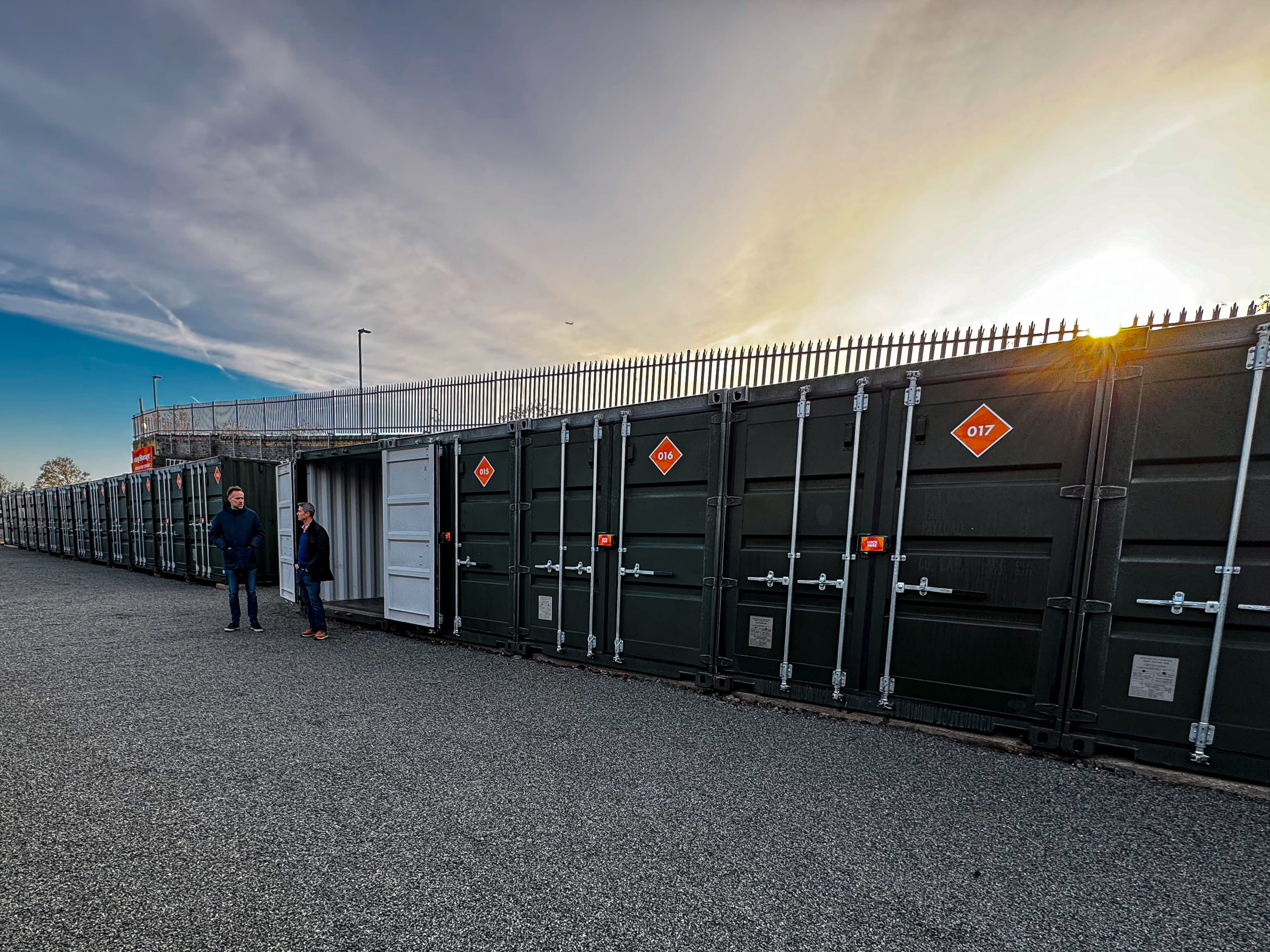The Newest Trend For Sorting Your Belongings - Döstädning: Swedish Death Cleaning
There’s an old saying that the only two things that are certain in life are death and taxes. While you may go out of your way to avoid taxes, there’s no escaping that in the end, we all die.
Swedish Death Cleaning, Döstädning, linguistically stems from the Swedish words ‘dö’ (death) and ‘städning’ (cleaning).”
After the deaths of both her mother and her husband, Swedish artist Margareta Magnusson wrote the New York Times bestseller, “The Gentle Art of Swedish Death Cleaning.” Magnusson had witnessed first-hand the impact that cluttered homes can have on the bereaved, who will have to sort through every item the deceased has accumulated during their lifetime. Consequently, the book explains how to declutter your home to make the grieving process easier for friends and family when you die.
The result of her work, Döstädning, is a decluttering system that involves analysing how your belongings will make others feel when they have to decide what to do with them, and so asking the question: ‘what will be of any value to others after your death?’
Döstädning is all about doing whatever you can (whilst you are still here) to help friends and family when you die- however old you are. Younger people can think of it as a way of organising with minimalism in mind. Sadly, getting old is a luxury denied to many, so the principles are good from day one!
In a nutshell, take many of Marie Kondo’s principles and add a layer of compassion for those who will have to sort what you leave when you slip ‘this mortal coil’.
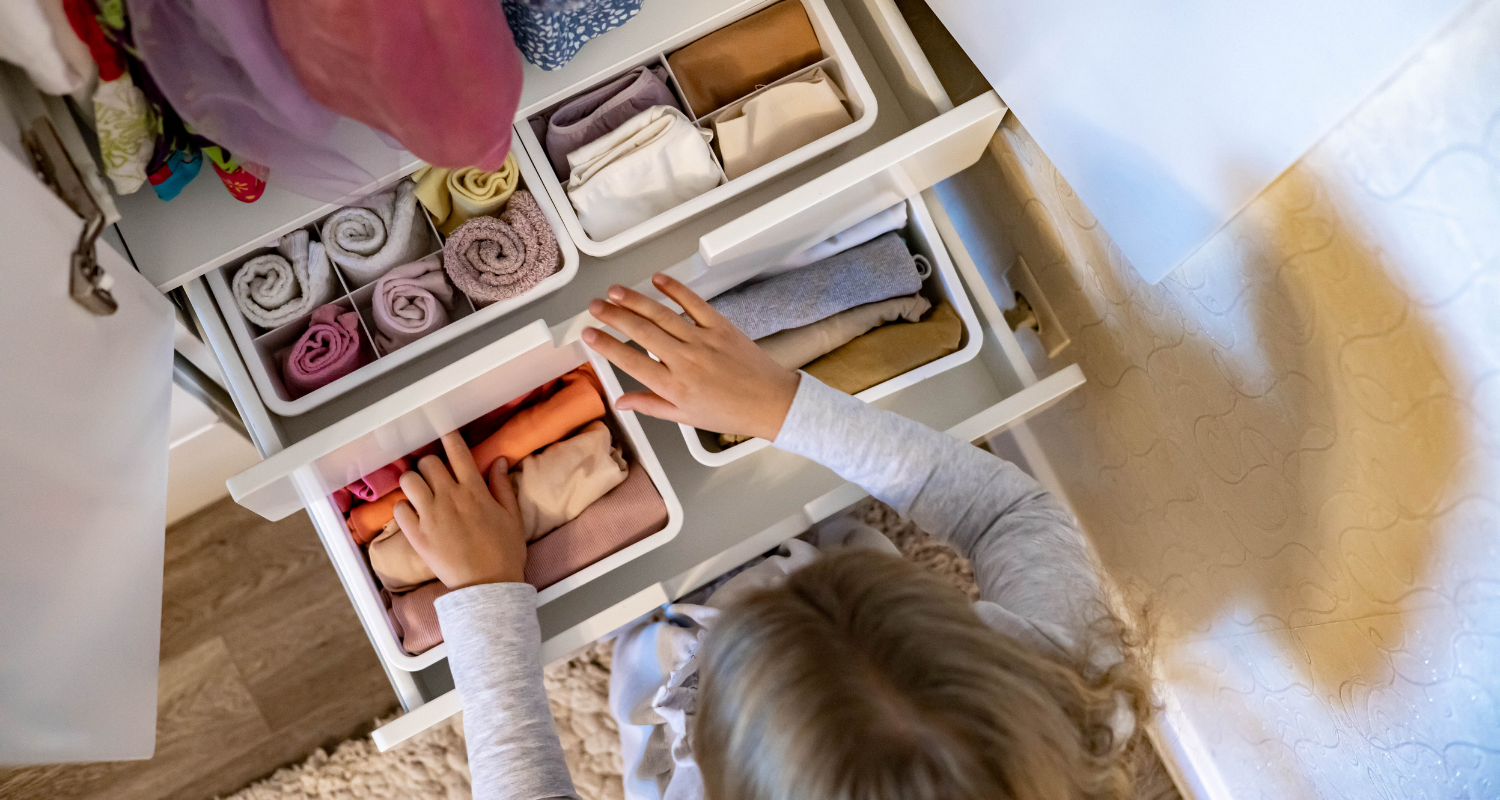
This is a joyous decluttering that you will thank yourself for, as well as others being grateful when you’re no longer around to thank in person.
Death’s rarely a happy subject, especially in Western cultures, so when you let your nearest and dearest know what you are doing remember that death and bereavement can be upsetting topics – whilst you’re doing it to benefit them, if you fail to explain it well, they may have the telephone number for the Samaritans in your inbox faster than you can say ‘declutter’!
But once they get comfortable with the thought, it’s easy to discuss with them which of your belongings they would like to have/keep. Let them know that it’s actually helpful if they are honest and do not want an item of yours. There’s nothing stopping you from keeping it if you love it and want it around, but you don’t keep things thinking they MIGHT like things. Döstädning is about decreasing their stress when clearing up behind you.
Decluttering needn’t be intimidating and can be incredibly cathartic. Magnusson suggests that saving items with high sentimental value for last is the best strategy, as it can be easy to procrastinate, reminisce, and lose focus over these.
Instead, start the ‘cleanse’ with items not on view in attics, cupboards and drawers, followed by bigger items such as furniture, then books and collectables. Everything that you, your friends and your family members do not want can be donated or sold.
Up next are clothes and shoes. Immediately give away, sell or throw away anything you dislike, which doesn’t fit or that you’ll never wear again. Everything else should be clean and well organised.

Don’t forget the part of your life that exists only digitally - your digital footprint. It will remain online unless it’s removed. Most social media sites can help with this, removing or memorialising accounts. If you want your accounts deleted, make sure you leave instructions to this effect, and that it’s easy for others to unsubscribe to online services by listing all accounts and passwords and including instructions on what should happen to your social media accounts when you pass. (A good digital cleanout can save you from hours of distraction each week.)
The Swedish Death Cleaning final step is to sort through highly sentimental items: photos, heirlooms, art, meaningful letters and the like. Discussing with family and friends means they can tell you what they’d like, and you can package them/box them up marked for that person - perfectly simple for those who are left behind to understand exactly who you want to have what.
There’s no need to get rid of other things that matter only to you. You can keep them apart with a note to those who are left behind with what should happen to them.
“Mess is an unnecessary source of irritation,” says Margareta Magnusson. It helps not to focus on the name of the clearing system, but use it to simplify and organise your life. It will not only improve your quality of life, but also, in the process, ensure that loved ones can grieve without the burden or resentment that can result from sorting through mountains of possessions, or worse, stumbling upon family secrets they were better off not knowing.
Think of Döstädning as an act of kindness to both yourself and others as well as an incredibly simplified way to live.
This is a very useful video if you need further tips:
For more ideas on how to sort through your belongings we have probably written about them all! Find out about the four box method, ideas to declutter your home, what happens after a decluttering, and decluttering your brain plus many more on our sister site easyStorage Boxes. If there are things that you don’t need in your life but want to save for others when you pass, easyStorage is here to attend to all of your storage needs.
.png)
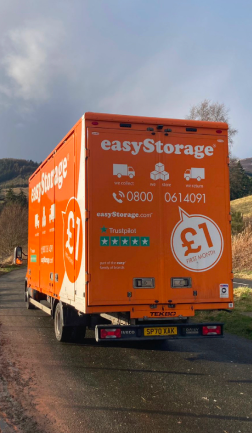
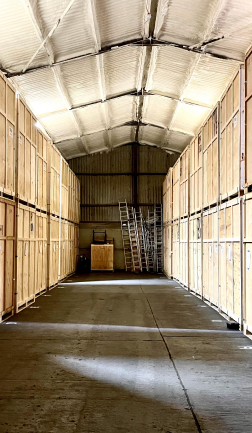
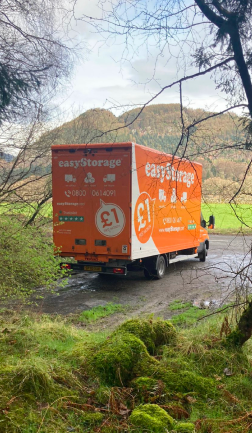
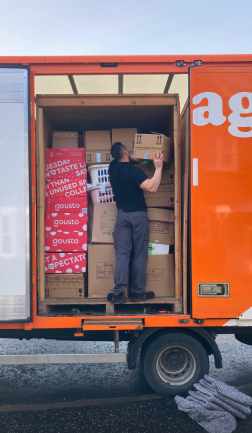
.png)

.png)
